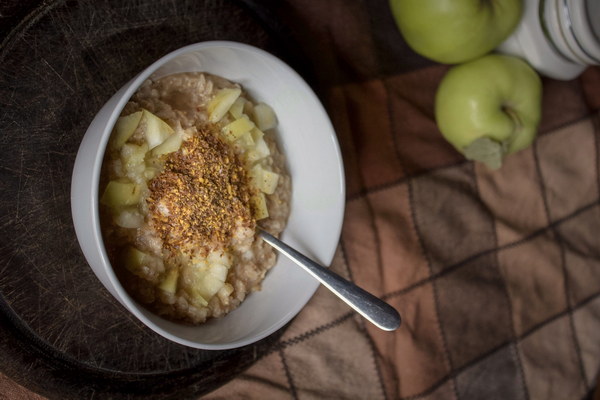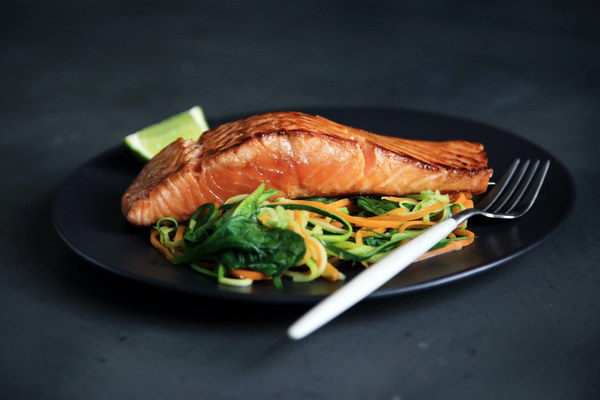Ancient Wisdom Unveiling the Secrets of Qi and Blood in Traditional Chinese Health Practices
In the annals of ancient Chinese medicine, the concepts of Qi and Blood hold a paramount position. These vital substances are not merely theoretical entities but are deeply integrated into the holistic approach of traditional Chinese health practices. This article delves into the ancient wisdom surrounding Qi and Blood, exploring their significance, and how they have been harnessed for the well-being of the body and mind.
Understanding Qi
Qi, often translated as 'vital energy,' is the fundamental life force that permeates all living beings. It is the essence that animates the physical body and is believed to be the source of health and vitality. In traditional Chinese medicine, the proper flow and balance of Qi are crucial for maintaining good health. When Qi is abundant and flows smoothly, the body is strong and resilient; conversely, when Qi is deficient or blocked, illness and disease arise.
The Flow of Qi
The movement of Qi is not arbitrary; it follows specific pathways known as meridians, which are like networks of energy channels throughout the body. These meridians connect internal organs to external body parts, ensuring that Qi circulates harmoniously. Acupuncture, a key therapeutic modality in traditional Chinese medicine, focuses on unblocking these meridians to restore Qi flow and alleviate various ailments.

Balancing Qi
To maintain a healthy Qi balance, ancient Chinese practices emphasize the importance of lifestyle choices. These include:
1. Breathing Exercises: Practices like Tai Chi, Qigong, and Pranayama involve controlled breathing techniques to regulate Qi flow and enhance vitality.
2. Nutrition: Certain foods are believed to boost Qi, such as ginseng, goji berries, and other adaptogenic herbs.
3. Physical Activity: Regular exercise, such as walking, running, or yoga, promotes the circulation of Qi throughout the body.
The Significance of Blood
Blood, often referred to as 'the mother of all substances,' is another essential component in traditional Chinese medicine. It is believed to nourish the body, support growth and repair, and maintain mental and emotional balance. Like Qi, blood must flow smoothly and be in balance for optimal health.
Maintaining Blood Health
To ensure healthy blood circulation and balance, ancient Chinese practices recommend:
1. Balanced Diet: Consuming iron-rich foods, such as red meat, leafy greens, and nuts, can help maintain healthy blood levels.
2. Adequate Rest: Proper sleep and rest are crucial for blood production and overall health.
3. Stress Management: Chronic stress can negatively impact blood health; practices like meditation and yoga can help reduce stress levels.
Integrating Qi and Blood in Health Practices
The interplay between Qi and Blood is central to the healing process in traditional Chinese medicine. By addressing both aspects, practitioners aim to restore balance and harmony within the body. Treatments like herbal medicine, acupuncture, and massage therapy are tailored to individual needs, considering both Qi and Blood deficiencies or imbalances.
Conclusion
The ancient wisdom of Qi and Blood continues to be a cornerstone of traditional Chinese health practices. By focusing on the balance and flow of these vital substances, individuals can achieve physical and mental well-being. Embracing these principles and integrating them into modern lifestyles can lead to a healthier, more vibrant life.









